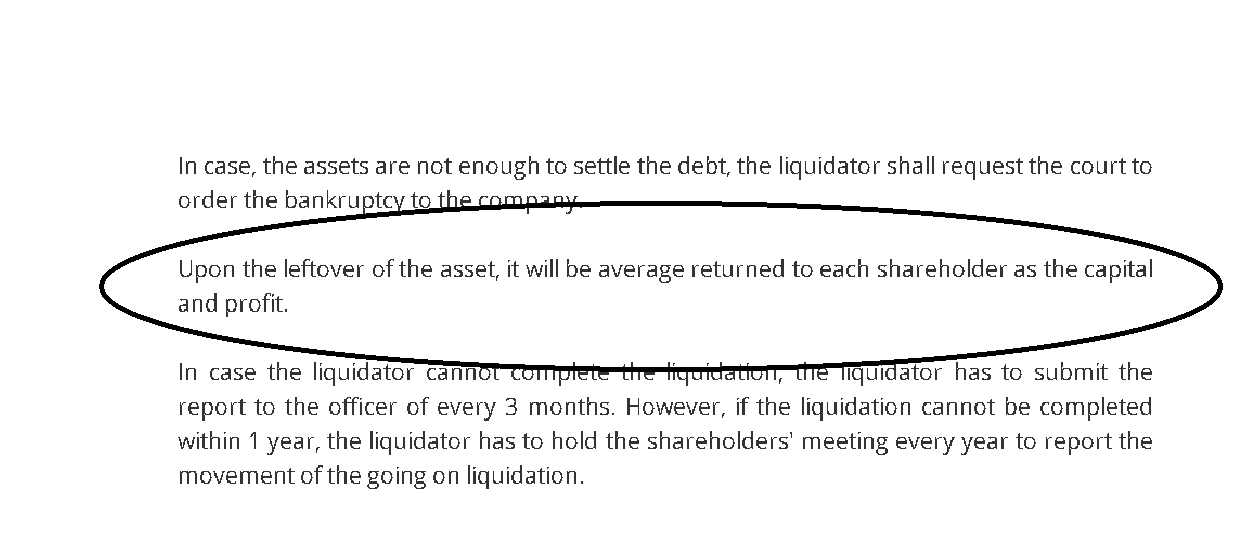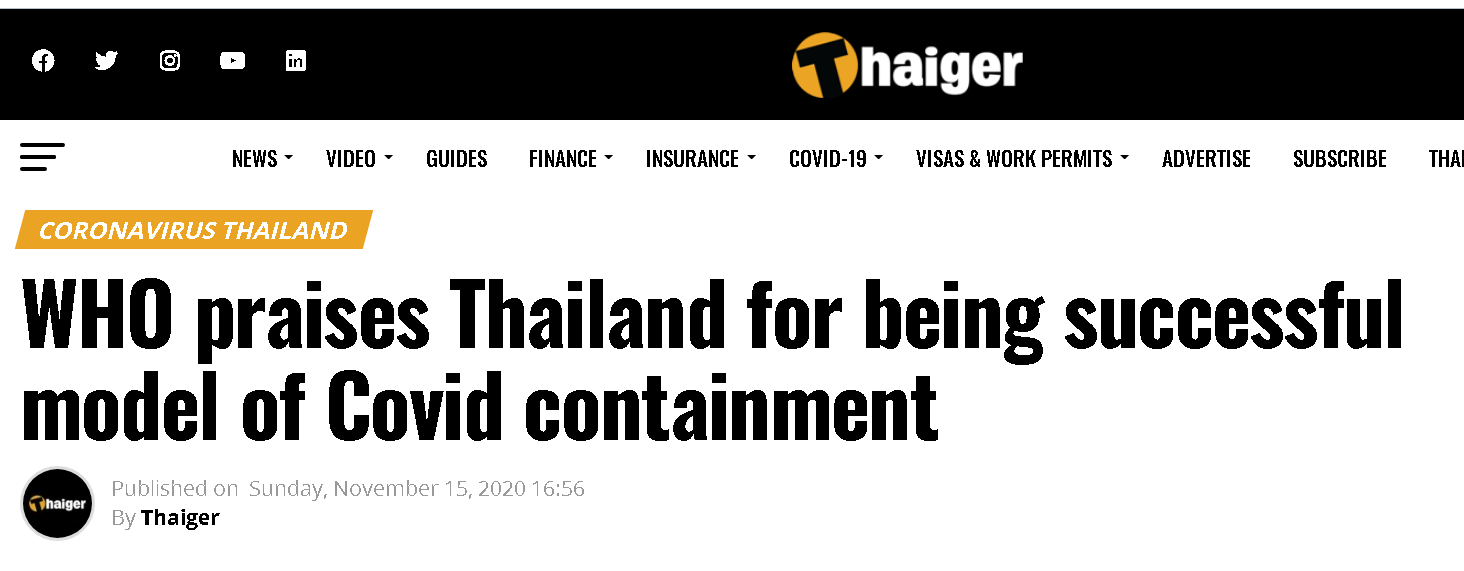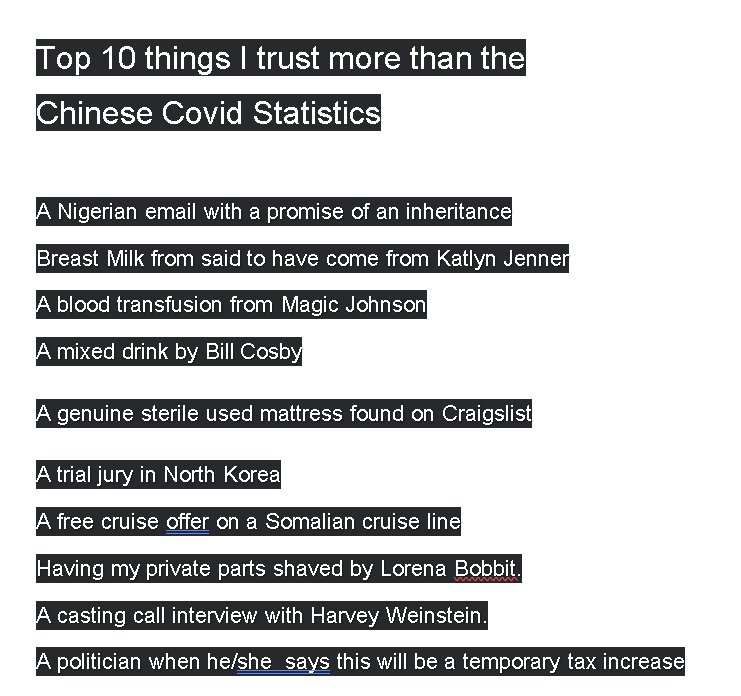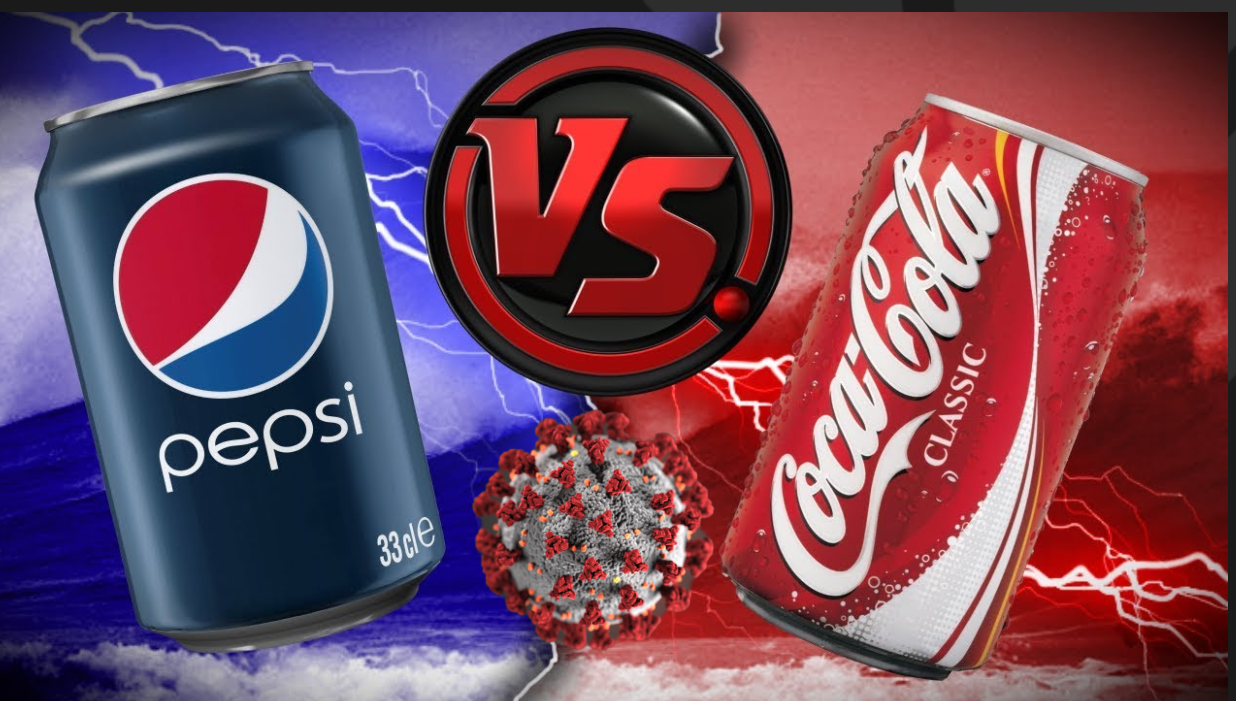
Thomas J
-
Posts
2,848 -
Joined
-
Last visited
Content Type
Events
Forums
Downloads
Quizzes
Gallery
Blogs
Posts posted by Thomas J
-
-
1 minute ago, Yellowtail said:
Again, the distribution is made with the approval of the board PRIOR to the dissolution, not at the time of the dissolution.
Again you are clueless. If and I repeat for the umpteenth time that IF and I repeat IF the company is dissolved that is an action of the board. The board can not disenfranchise the minority shareholders.
-
Just now, Yellowtail said:
And yet again, at the time the company is dissolved, it has no value. All of the assets have been disposed of and the proceeds distributed long before the company is dissolved.
Again you are clueless. If I dissolve a company does not make it bankrupt. A company may just wish to no longer be in business. There is a difference between dissolution and bankruptcy. Taking foreigners out of the equation. If I am Thai and have a company and it has a building, trucks, machinery, equipment and accounts receivable. I am now retiring and I no longer want to maintain the company. The company is dissolved, meaning I sell all the assets, and file to dissolve the company which removes it from any audit and other reporting requirements.
The same would be true for the foreign owner. The dissolution of a company does not mean the company is insolvent. Quite the opposite with the case of the a foreigner owning a home. It would be impossible for the company to go bankrupt. -
4 minutes ago, Yellowtail said:
Again, it's not really like a bankruptcy, the assets are all sold off and the fund's distributed legally
Yes you got that right. Assets sold and funds distributed. Assuming no other provisions were made those "legally distributed" would be pro rata based on the percentage of shares owned.
-
21 minutes ago, Yellowtail said:
Shareholders generally get nothing.
But it's not really like a bankruptcy, the assets are all sold off and the fund's distributed legally however the board sees fit.
Again, at the time of the dissolution, the company has no real value, so there is nothing to distribute.
You really don't have any clue how companies work do you. The fact that a company may be bankrupt and has no assets means that shareholders get nothing. However using the example of a Thai company with a single family home that is sold that has value and the money from the sale of it would be an asset of the company. When and IF I repeat IF the company was dissolved, the money gets distributed. In a corporation whether here in the USA or Europe or anywhere else any distribution of assets goes pro-rata to the shareholders. If I own 10% of the shares I get 10% of the distribution. If I own 51% of the shares I get 51% of the distribution. You can not just say " oh these are a sham" and I am the foreigner owning 49% of the shares so I will take all the money and you get nothing. Perhaps that is done, but that is not legally correct.
To repeat ad nauseum the Thai lawyers must have figured out a way around this. Perhaps it is that houses are never sold, but "companies" are sold and the home is an asset of the company.-
 1
1
-
-
4 minutes ago, Yellowtail said:
If the company were in debt, would the shareholders be "entitled to their share" of the debt? No.
You are wrong. You obviously are not acquainted with how corporations work. Even assuming that the company was in debt, this is a corporation. Shareholders in a corporation are not "personally" responsible for the debt. Shareholders can only lose whatever "equity" they have in the corporation. In the case of the Thai minority shareholders they put nothing in so they can not lose anything.
Here is from Siam Legal with a section talking about liquidating a company. Notice it says that any leftover assets will be distributed average returned. So if I own 25% of the company I get 25% of whatever is left over. Again to repeat that is the law but there must be some way the Thai lawyers are getting around the reality of ever having to give the Thai minority shareholder anything.
https://www.siam-legal.com/Business-in-Thailand/company-dissolution-thailand.php -
3 minutes ago, Surelynot said:
To whom?......creditors presumably.......and any residual will surely then go to the shareholders..... pro rata.
Yes, somehow there are people here who are confusing voting rights with shareholder ownership. Yes the managing partner really controls the corporation. However he/she only owns 49% of the shares. So from a legal standpoint he/she owns 49% of the assets of the company. If a property is sold lets say the company has 5 homes well the proceeds go into the corporate bank account and everything stays the same. The same would be true if all 5 properties were sold. However lets be practical. The majority of the company owned properties are just a single home occupied by the foreign owner. Eventually that owner will die or perhaps sell and get their money back. So long as the company exists no distribution would have to be made. However in the case of the death of the foreign owner, the heirs would receive his/her shares in the company. I suspect they would not want to continue with the company and want it dissolved. If they did, the minority shareholders would be entitled to their portion.
Now perhaps there are ways around that. That is what this post was asking yet others keep digressing. Perhaps the foreign owner capitalizes the business by "loaning" money to the corporation. When the company is dissolved the loan is paid back and the foreigner gets the money. Perhaps, the company is never liquidated. The foreign owner does not "sell" the house, but sells the company and the new owner gets the house that is one of the assets of the company.
I don't know that is why I asked the question. But for those who somehow think that minority shareholders are just names on a piece of paper, they are wrong.-
 1
1
-
-
Just now, Yellowtail said:
This simply is not true. You are convinced it is, but you are wrong.
Which part of "if" the company is dissolved don't you understand. When a company is dissolved the assets are sold and the proceeds distributed. I did not say that upon a sale that a company is automatically dissolved. Perhaps the company sold the home and purchased a new one and the company continues. However if the company and I repeat IF the company is dissolved, the shareholders are suppose to receive their proportionate amount of the liquidated assets. Now with that said, there must be some way in Thailand that lawyers are protecting the foreign owner from having to share those proceeds.
-
10 hours ago, donx said:
In your original post, you claimed that the company is dissolved when either the foreign owner dies or the property is sold.
My claim is that the company is not dissolved by either of these events. Why do you continue to assert that the company is dissolved by these events? It is my understanding that there is a specific process that needs to be followed - and paid for - in order to dissolve the company.
I'll let other correct me if what I say is incorrect.
You read the post backwards. I said if the company is dissolved and the home is sold not the other way around. I said nothing in the original post about the person dying, although that would be an event that would likely trigger the heirs to want to liquidate the home. People don't live forever so eventually the home has to be sold and if the home is in the name of the corporation, all of the shareholders have a percentage ownership of that asset.
The post was intended to get the answer as to how when a foreign owner sets up a company and the home is eventually sold how the foreign owner receives the proceeds without having to share any of the proceeds with the other Thai shareholders.
I suppose the foreign owner being the managing director could just sell the home, pocket the proceeds and not pay the minority shareholders anything and there likely would be no consequences since they probably don't even know about the home. From a legal standpoint, these people are shareholders. If the home is sold but the company not dissolved, the proceeds from the sale legally should remain in the bank account belonging to the company. Not the persons personal bank account. If the company is dissolved, all of the assets are then distributed to the shareholders. Now I am certain that the lawyers who set up these companies foresaw that and have incorporated some way that only the foreign owner gets the proceeds and I am just wondering what that might be.
What happens to the minority shareholders in a company when a company is dissolved and the home sold
-
On 7/9/2021 at 1:03 PM, OneMoreFarang said:
Do you know any well known place like an international bank who offers such a service in Bangkok?
I had a form that required a bank or notary to open an account. A man at a bank which I won't mentioned did it. Several months later I had to have a similar form also with a bank verification. I was informed that the bank did not provide such a service and that the person who did it previously should not have done so. Went to a notary.
-
 1
1
-
-
- Popular Post
1 hour ago, Bangkok Barry said:Why? Because they missed the boat and are now at the back of the queue. I've read and heard that some deliveries, if they come at all, are not expected until 2022.
Yes but I read that they were "still reviewing contracts" What the heck is there to review and how long could that possibly take. Something pretty simple like I order 20 million doses of vaccine and Thailand agrees to pay you x amount for it.
-
 3
3
-
- Popular Post
- Popular Post
7 minutes ago, John Drake said:From the governmental standpoint, you could be correct. But at the individual level, the first time around, people at least in Bangkok were willing to abide by the social distancing, store closures, and mask wearing. (Remember, right before Covid, people here were already wearing masks because of PM 2.5. That might have given Thailand a built in advantage.)
If you look at various countries and various states in the USA those the numbers just don't bear out that store closures, social distancing, mask wearing and quarantines did much of anything. Example, in the USA Florida and Texas had lax measures yet their rate of Covid was lower than New York and New Jersey which had strict measures. Population density you say, well no. The highest covid infection rates were in places like North Dakota, South Dakota, Iowa, and Utah all with very sparse population density. You have Washington DC who had identical measures to New York and New Jersey but their Covid infection rate despite being entirely an urban area with a high black population was only 50% of New York and New Jersey. You have Estonia and Lithuania which also adopted the same EU protocols as Denmark, Norway and Finland yet Estonia and Lithania have covid rates almost identical to Sweden which did nothing.
Now you point to measures in Bangkok but was that also true in Hanoi, Ho Chi Minh, or Da Nang. How about Vientiane, Naypyitaw, or Phnom Penh. I find it too much of a stretch to believe that somehow every one of the South East Asia countries did such an early remarkable job and that is why they all had low covid infection rates and now suddenly all of them are likewise suddenly all doing the wrong things simultaneously and have rising covid infection. They got credit for doing something early on that wasn't deserved, and now are getting blamed for something that isn't deserved. If any of the countries is to be blamed for anything it is for not ordering vaccines as soon as possible and getting the population vaccinated. That would be not only the best but the only way of curbing the spread. Instead they thought that arresting old people drinking beer in a pub, stopping people from swimming on the beach, and killing restaurants with mandated closures and alcohol prohibition was somehow going to solve all the problems-
 3
3
-
- Popular Post
- Popular Post
41 minutes ago, John Drake said:That was before the Hiso's of Thonglor were let loose to destroy everything.
I "think" that was the 1st round of a 12 round boxing match and they declared themselves a winner before the end of the bout. I also truly believe that Thailand, Vietnam, Cambodia, Laos, and Burma did nothing materially different than the UK, Italy, Spain, Portugal, France, etc but for whatever reason South East Asia had extremely low Covid infection rates. Now as they say, it is S.E. Asia's turn in the barrel.
-
 3
3
-
20 minutes ago, ourmanflint said:
Isn't Sinovac 20% owned by Charoen Pokphand? There's your answer
The answer seems to be as clear as mud. Apparently CP owns shares in a Hong Kong based company Sino Biopharmaceutical and that Sino Biopharmaceutical holds a 15% right to Sinovac company. Sinovac Life Sciences. Now CP said that it was a minority shareholder but did not disclose its ownership percentage of Sino Biopharmaceutical.
If CP owned 100% of Sino Biopharmaceutical it would in turn own 15% of Sinovac. But I can not establish what percentage of ownership CP actually has.-
 1
1
-
-
- Popular Post
- Popular Post
This can't be. Thailand was "the model" for the rest of the world according to WHO

-
 1
1
-
 1
1
-
 23
23
-
There has to be a reason for the governments undying loyalty to Sinovac despite all the pushback from the medical community and citizens. If not, why would the government not do the easy thing and procure the vaccines that the public and the doctors are wanting.
-
 1
1
-
-
They must want USD more than THB
-
- Popular Post
- Popular Post
1 hour ago, webfact said:The frontline workers, including doctors, nurses, and hospital administrative staff have been inoculated with Sinovac vaccines since April.
However, increasing evidence points to Sinovac’s ineffectiveness in preventing the transmission of the Covid-19 virus and its variants and its ineffectiveness in stopping symptomatic Delta variant transmissions.
There has to be some reason why the Thai government is showing such a deliberate bias towards Sinovac. They have set up road blocks and delays for all the other alternative vaccines and made procurement of the alternative vaccines by private hospitals nearly impossible.
-
 13
13
-
 4
4
-
1 hour ago, hotchilli said:
He didn't see that?
No he was on his cell phone at the time sending a text message.
-
- Popular Post
- Popular Post

-
 3
3
-
2 minutes ago, steven100 said:
I cannot believe some folks thinking here, China produces nothing but JUNK , they continued to deceive and lie about the origin of the virus so how the heck would you trust anything that come out of their mouths.
I don't know if I would say they only produce junk. In some respects the Chinese might have had a jump on a vaccine given they were the ones who were studying the virus.
Now, if the test results from other countries showed Sinovac to be effective, I would take it irrespective of its origin. But the truth is that its effectiveness ranks at the bottom of all of the options. So if a person is going to expose themselves to whatever sort of reactions "may" happen by taking a vaccine, why would they take the one offering the least protection. -
-
1 hour ago, andre47 said:
Oh I see ... you are a real Corona-Expert.
No I rely on the "experts" at the WHO to pass along the incorrect information.
-
17 minutes ago, andre47 said:
Sinovac is approved by the WHO
Is that the same WHO who said that the coronavirus was reported to be not transferable from human to human by the Chinese
-
2 hours ago, Yellowtail said:
You misunderstood.
I can tell you how it works but obviously can't make you understand how corporations work.


What happens to the minority shareholders in a company when a company is dissolved and the home sold?
in Real Estate, Housing, House and Land Ownership
Posted
I have owned 4 companies. Not in Thailand but the laws if you bothered to read are the same.
How many companies have you owned. It is obvious you are totally clueless not understanding the difference between dissolution and insolvency.